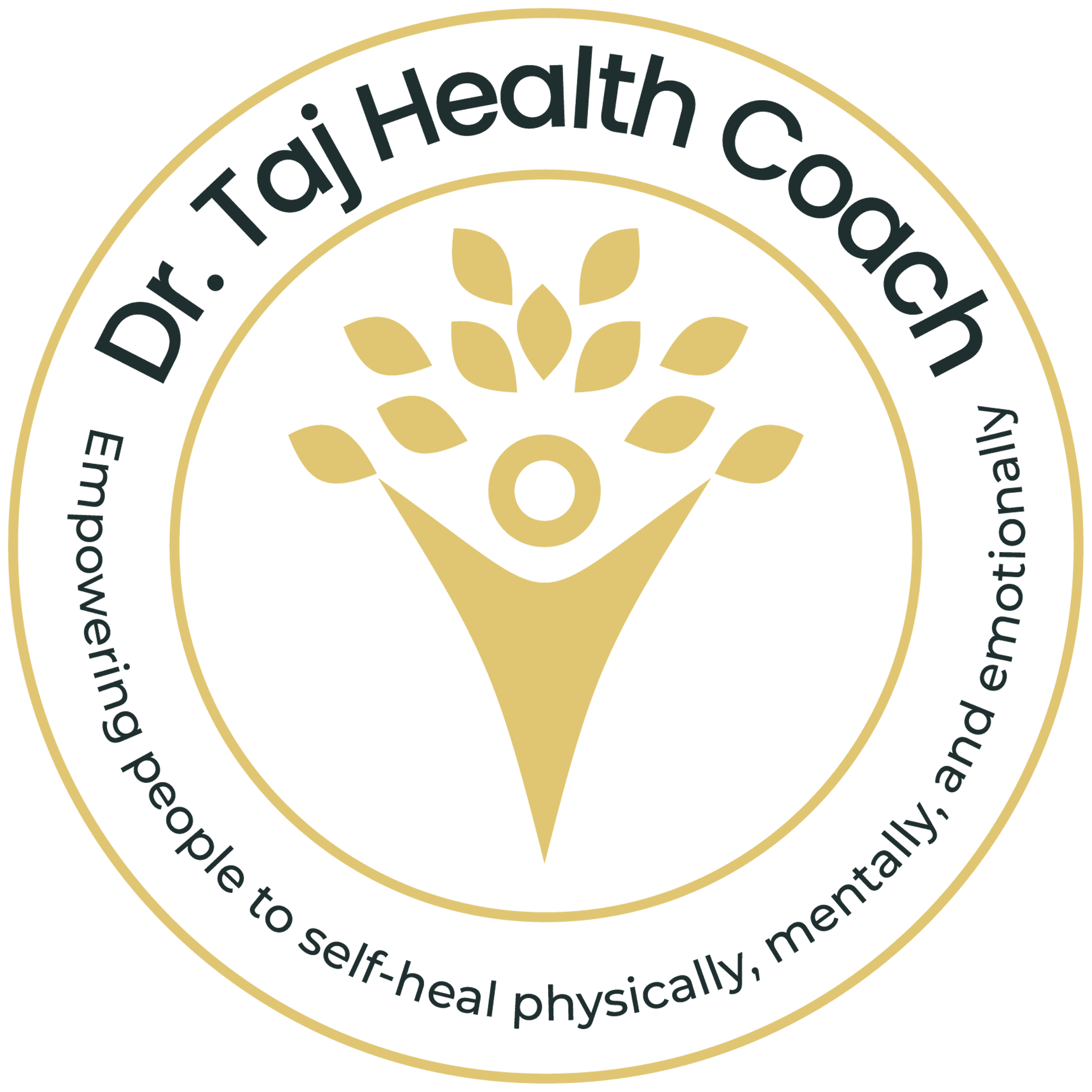
As a health coach, I strongly believe that adopting a healthy diet is crucial for achieving a healthy lifestyle. A healthy diet comprises of a balance of macronutrients which include carbohydrates, proteins, and fats, as well as micronutrients such as vitamins and minerals. In this blog post, I will discuss the benefits of adopting a healthy diet with a composition of 15% fat, 10% protein, and 75% carbohydrates. I will also provide actionable tips and encourage readers to make small changes to their eating habits, to help them achieve success on their journey toward a healthier lifestyle with a balanced diet macronutrients.
Balanced Diet Macronutrients Needs of an Average Adult
An average adult requires a specific amount of macronutrients and micronutrients to maintain good health. Macronutrients provide energy to the body, while micronutrients are vital for the proper functioning of the body. A healthy diet should have a balance of both macronutrients and micronutrients.
The recommended daily intake of macronutrients for an adult is as follows:
Carbohydrates: 75% of total calories
Fats: 15% of total calories
Proteins: 10% of total calories
The recommended daily intake of micronutrients for an adult is as follows:
Vitamins: A, B, C, D, E, and K
Minerals: Calcium, iron, magnesium, phosphorus, potassium, and sodium
The Role of a Healthy Diet and Healthy Fats in the Body
A healthy diet is essential for maintaining good health. It helps in maintaining a healthy weight, reducing the risk of chronic diseases, and improving mental health. Fats are an essential macronutrient that provides energy to the body, and they also help in the absorption of vitamins. Healthy fats, such as omega-3 fatty acids with the proper ratio compared to omega-6 fatty acids, are crucial for maintaining heart health and reducing inflammation in the body.
Why it’s Essential to Consume Foods High in Carbohydrates
Carbohydrates are an essential macronutrient that provides energy to the body. They are the primary source of fuel for the brain and muscles. Consuming foods high in carbohydrates, such as fruits, vegetables, whole grains, and legumes, can help in maintaining good health. They are also rich in fiber, which helps in maintaining a healthy digestive system.
How to Incorporate A Healthy Balanced Macronutrient Diet
Incorporating healthy sources of each macronutrient group in your diet is crucial for maintaining good health. Here are some tips on how to incorporate healthy sources of each macronutrient group in your diet:
Carbohydrates: Choose whole grains, fruits, vegetables, and legumes.
Proteins: Choose lean proteins such as fish, chicken, turkey, beans, and lentils.
Fats: Choose healthy fats such as olive oil, avocados, nuts, and seeds.
Encouraging Small Changes and Actionable Tips
Making small changes to your eating habits can help you achieve success on your journey toward a healthier lifestyle. Here are some actionable tips:
- Start by incorporating more fruits and vegetables into your meals.
- Choose whole grains instead of refined grains.
- Reduce your intake of saturated fats and choose healthy fats instead.
- Choose lean proteins such as fish, chicken, and turkey.
- Limit your intake of processed foods and sugary drinks.
In conclusion, adopting a healthy diet with a composition of 15% fat, 10% protein, and 75% carbohydrates can have numerous benefits for your health. It’s essential to maintain a balance of macronutrients and micronutrients to achieve optimal health. By making small changes to your eating habits and incorporating healthy sources of each macronutrient group, you can achieve success on your journey towards a healthier lifestyle.
FAQs Balanced Diet Macronutrients
Can a diet with high carbohydrates be healthy for me?
Yes, a diet with high carbohydrates can be healthy for you if you choose the right types of carbohydrates. Complex carbohydrates, such as whole grains, fruits, vegetables, and legumes, are important sources of fiber, vitamins, and minerals. They provide sustained energy and can help to maintain a healthy weight. However, it’s important to avoid processed and refined carbohydrates, such as white bread, sugary drinks, and snacks, as they can contribute to weight gain and increase the risk of chronic diseases.
Is it necessary to consume fats in my diet?
Yes, it’s necessary to consume fats in your diet as they provide essential fatty acids that the body cannot produce on its own. Fats also help in the absorption of vitamins and minerals, and they provide energy for the body. However, it’s important to choose healthy fats, such as monounsaturated and polyunsaturated fats, found in olive oil, avocados, nuts, and seeds, and limit the intake of saturated and trans fats, found in processed and fried foods.
Will a high-carbohydrate diet lead to weight gain?
A high-carbohydrate diet in itself does not necessarily lead to weight gain, but it depends on the types and amounts of carbohydrates consumed. Complex carbohydrates, such as whole grains, fruits, vegetables, and legumes, are rich in fiber and can help in maintaining a healthy weight. However, consuming too many refined and processed carbohydrates, such as sugary drinks and snacks, can contribute to weight gain. It’s important to maintain a balance of macronutrients and to choose healthy sources of each group.
Is it possible to get all the necessary nutrients from a plant-based diet?
Yes, it is possible to get all the necessary nutrients from a plant-based diet, but it requires careful planning and attention to nutrient intake. Plant-based sources of protein, such as beans, lentils, and tofu, can provide adequate protein. Vegetables, fruits, and whole grains are rich sources of vitamins and minerals. However, it’s important to ensure adequate intake of nutrients that are typically found in animal products, such as vitamin B12, iron, and calcium. Plant-based sources of these nutrients include fortified foods and supplements. It’s recommended to consult with a registered dietitian to ensure nutrient adequacy in a plant-based diet.
